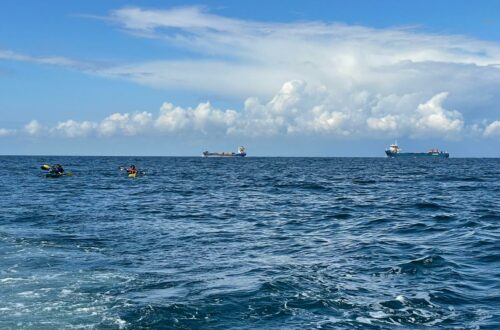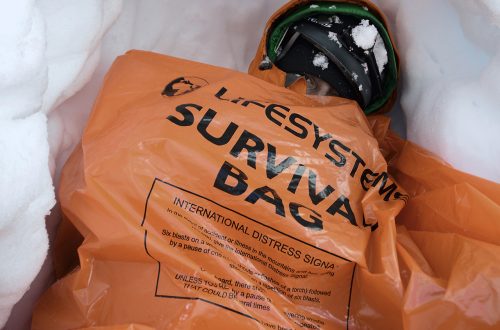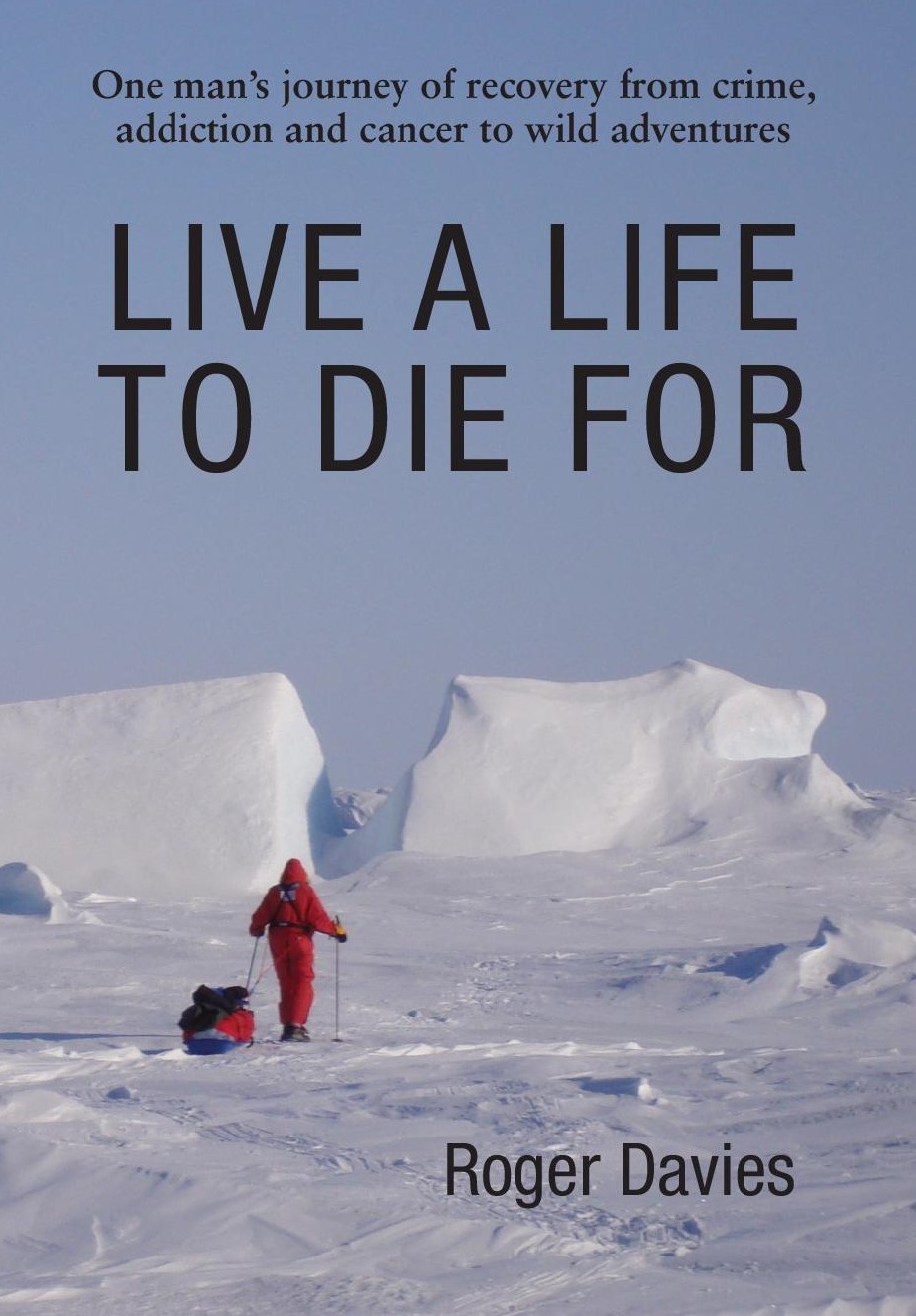Essential Survival Gear for Treks and More: Checklist for Preparedness
Equip yourself with the essential knowledge of the vital items you’ll need for every adventure.
Survival gear is invaluable in any emergency situation, and being fully prepared can make all the difference. With my comprehensive guide to must-have survival gear, you’ll have everything covered.
When I prepare for a trek, I know that packing the right survival gear is key to ensuring my safety, comfort, and readiness for anything the journey might throw at me.
Essential Survival Gear Checklist for Treks:>
Hydration: Water…water purification system & tablets
Water Bottle and / or Hydration Bladder > Collapsible Water Bucket (optional)
Nutrition: Food: Freeze dried / Dehydrated meals that are lightweight, nutritious and easy to prepare. Plus Energy bars, trail mix, nuts, dried fruit
Cooking Gear: Compact stove, fuel, kettle, mess tins, mug, knife and spork.
Survival Knife and a Multi-Tool
Axe / Hatchet, shovel, folding saw
Invest in ‘good’ Footwear suitable for your current event: Shoes, boots & Socks
Layerable clothing that allows you to adapt to varying temperatures and weather conditions.
- Moisture-Wicking Layers: Keeps sweat off your body to regulate temperature.
- Insulating Layers: Fleece or down jackets for warmth.
- Waterproof Shell: A jacket and pants to keep you dry during rain or snow
Climate Suitable: hat and gloves, underwear, thermals
Sunglasses, sunscreen ,Lip balm
Shelter; tarp, tent, Bivvy sack, space blanket….
Fishing Line and Hooks
Microfibre towel, Personal washing kit (tooth brush ect…)
Personalized Medical; specific to your needs and medical conditions, Wet Wipes (eco- friendly), Insect (Mosquito) Repellent
First Aid Kit for: Skin wounds, Blisters, Sicknes / Diarrhea, Cold / Flu, Bites, General Pain Relief
- Bandages and Gauze: For cuts and wounds.
- Antiseptic Wipes/Ointment: For cleaning injuries.
- Tweezers and Scissors: For tick removal or cutting bandages.
- Blister Care: Moleskin or blister pads.
- Pain Relief/Anti-inflammatory Meds: Ibuprofen or aspirin.
For more information: First Aid Kit
Navigation; map, compass & GPS (mobile phone)….
Altimeter Watch (for keeping track of altitude and navigating through mountainous terrain).
Headlamp, flashlight, spare batteries, Power Bank
Signalling devices; mirror, whistle…. Personal Locator Beacon(PLB)
Repair kit; duct tape, cordage, paracord bracelet, trash bags, needle & thread
Fire Starter; striker, waterproof matches, lighter….
Survival Backpack/Rucksack – durable, comfortable and roomy enough to carry ‘all’ your gear: day hike a 20-30L / weekend hike a 30-40L / Week Plus 40-65L
Trekking Poles; gaiters – optional
Sleeping Bag & Silk Sleeping Bag liner: for more information: Sleeping Bag Sleeping Bag Silk Liner
‘To Go’ Bag – ‘Grab and Go’ Bag
Your To Go / Grab and Go Bag should be a durable, easy-to-carry backpack or duffle bag equipped with essentials you might need if you need to evacuate quickly.
Basic Items for your ‘To Go’ bag include:
- Bottled water and non-perishable food; snacks- Granola Bars/ Trail Mix
- Personal hygiene items (toothbrush, toothpaste, wet wipes, etc)
- First aid kit, spare glasses, your Meds.
- Flashlight, hand-crank or battery-operated AM/FM radio, and extra batteries.
- Portable cell phone charger.
- Maps, Notepad, pen/pencil, and marker.
- Personal Documents : Passport , Driving License, Insurance, Medical info
- Cash in small bills (best in local currency) Debit Card.
- Mylar Space Blanket – optional
Always pack considering the principle of redundancy ; carry backups for critical items like fire-starting tools and water purification methods to ensure you’re well-prepared for any scenario.
“Thoroughly test all your gear in realistic, real-world conditions to ensure optimal performance when it truly matters.”
#livealifetodiefor #MoreThanMyPast #itsrogerx
**I am excited to share the captivating story of my extraordinary journey with you. Also my How-To Becoming a Fearless Adventurer




